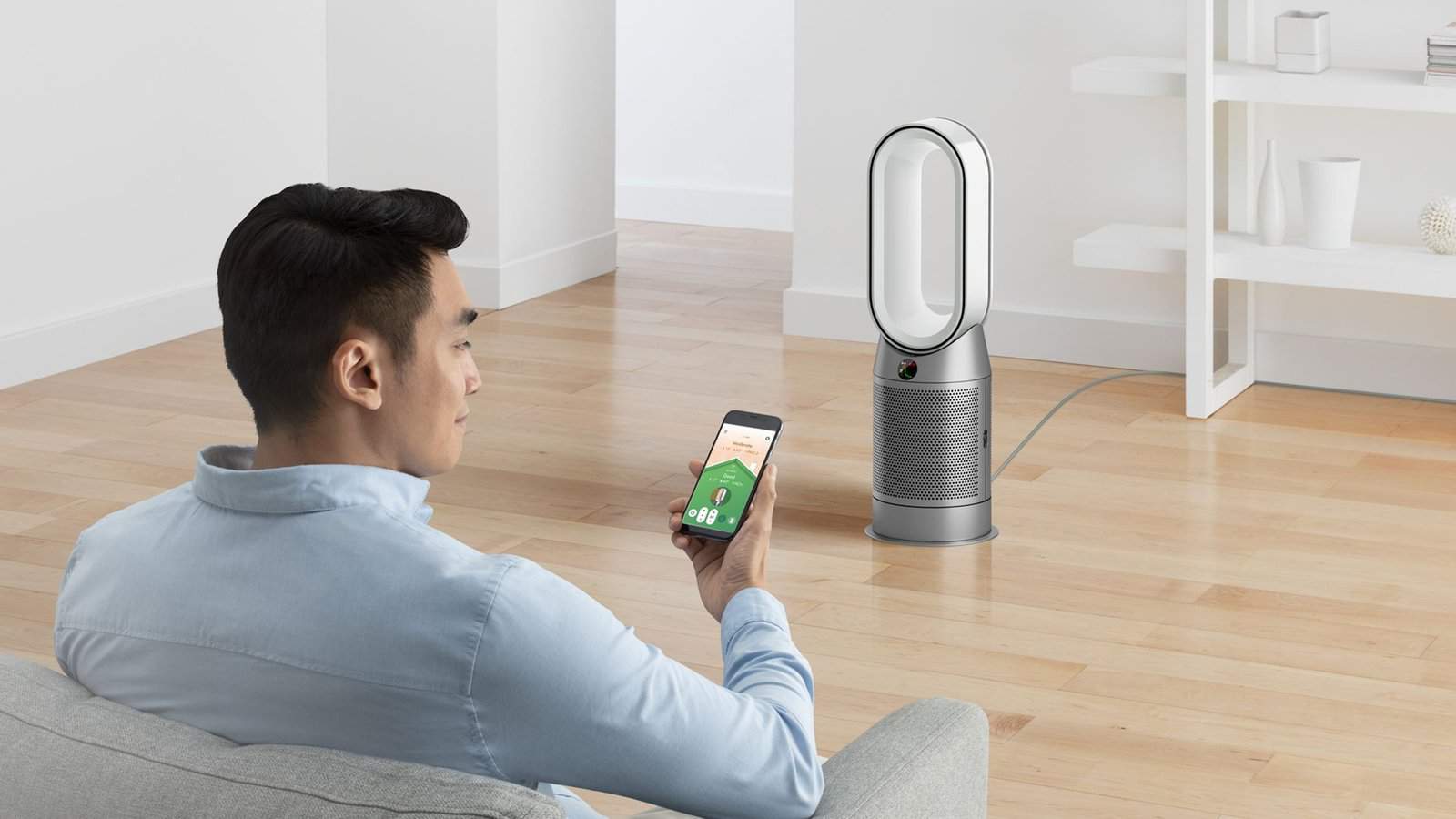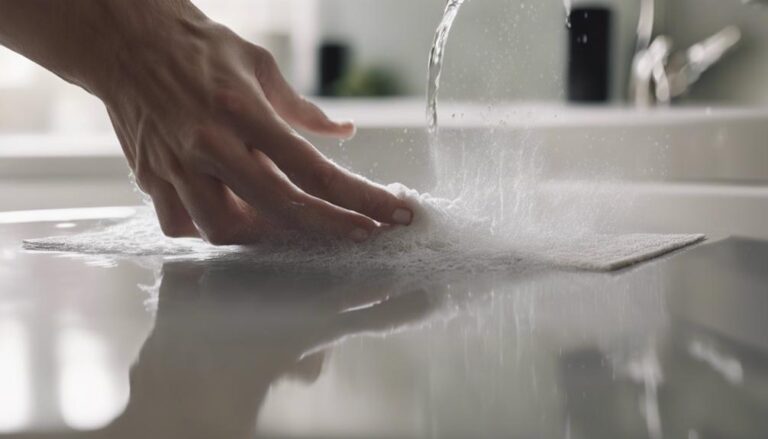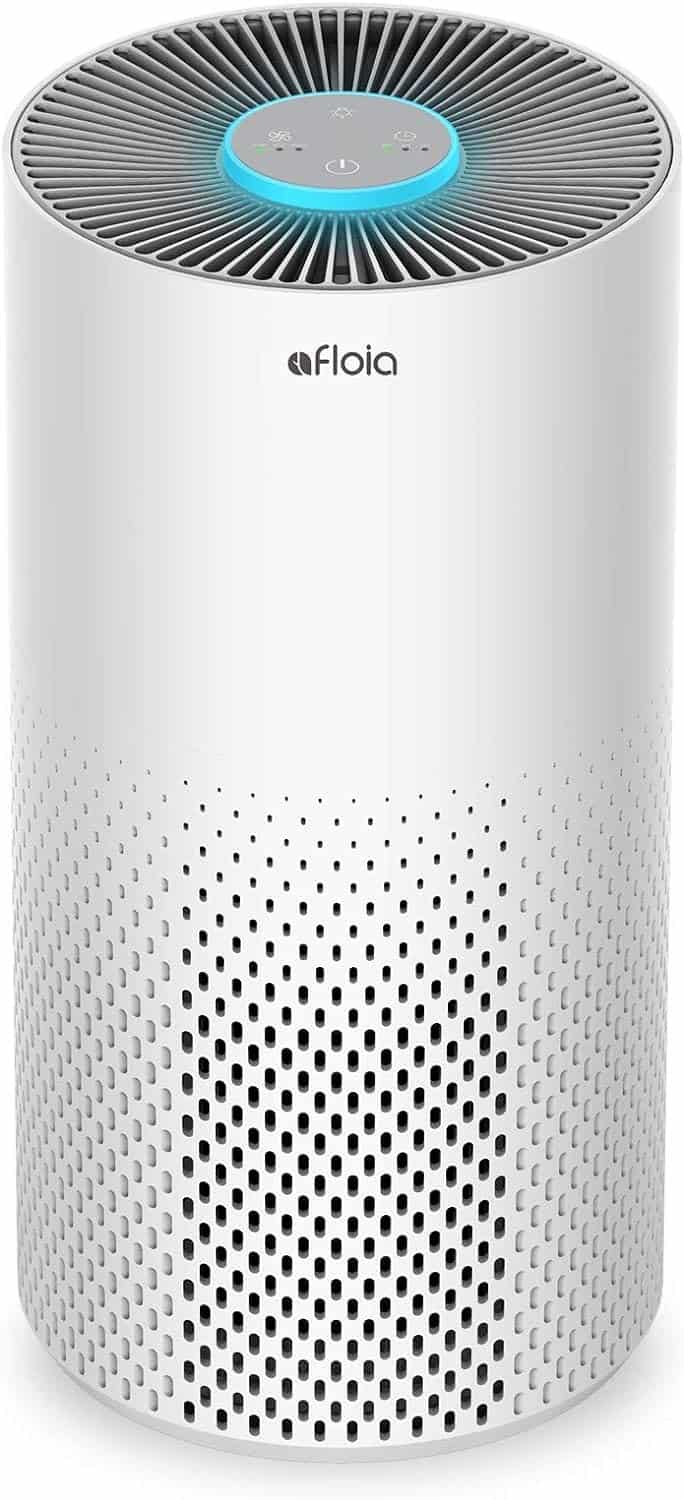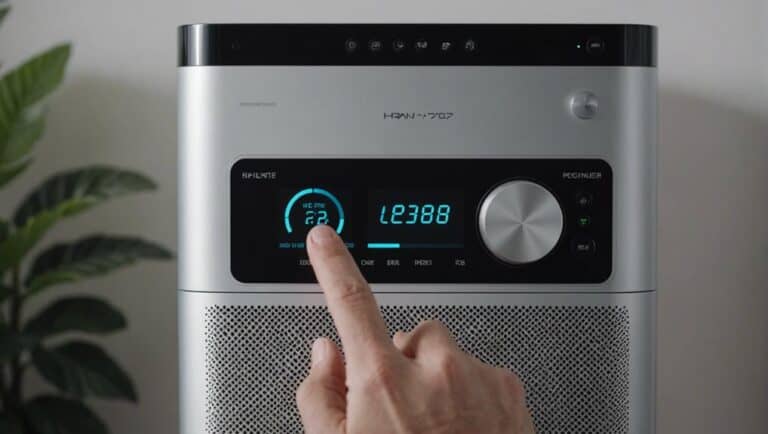Unveiling the Truth: Is the Dyson Air Purifier a Dehumidifier?
In the recent market of air purifiers, one name has repeatedly caught the attention of consumers – Dyson. Known for their innovative technology and sleek designs, Dyson’s air purifiers have become a popular choice for those aiming to improve indoor air quality.
However, amidst the buzz surrounding these devices, one question seems to linger: Is the Dyson Air Purifier also a dehumidifier? In this article, we aim to unveil the truth behind this claim as we delve into the features and functionalities of the Dyson Air Purifier, shedding light on its ability to combat excess humidity in addition to purifying your living space.
Prepare yourself for an informative exploration that will help you determine if this multi-functional device is a perfect fit for your home.
Understanding the Dyson Air Purifier: Functionality and Features
Functionality of the Dyson Air Purifier
The Dyson Air Purifier is designed to remove impurities and allergens from the air, improving the quality of indoor air. It utilizes a combination of filters and airflow technology to capture particles as small as 0. 1 microns, including pollen, dust, pet dander, and smoke.
Features of the Dyson Air Purifier
- HEPA Filter: The purifier contains a High-Efficiency Particulate Air (HEPA) filter that traps microscopic pollutants.
- Activated Carbon Filter: This filter removes odors and potentially harmful gases from the air.
- Smart Sensors: The purifier has sensors that detect changes in air quality and adjust purification settings accordingly.
- Automatic Mode: In this mode, the purifier adjusts its fan speed based on real-time pollution readings.
- Night Mode: It operates quietly with dimmed display lights for uninterrupted sleep.
These features make it an effective tool for maintaining clean indoor air but do not include dehumidifying capabilities.
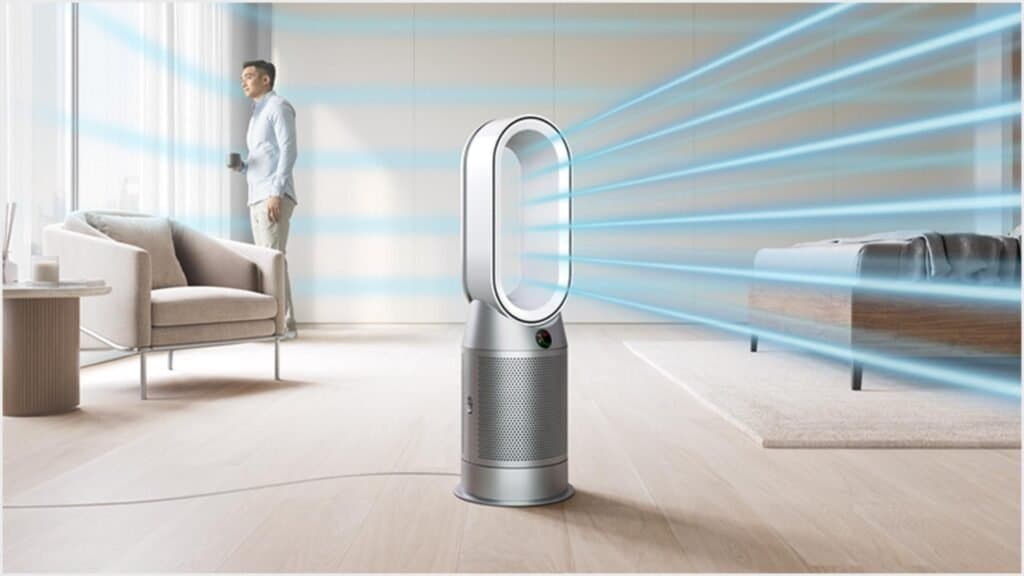
The Role of Dehumidifiers in Improving Indoor Air Quality
- Dehumidifiers play a crucial role in maintaining optimal indoor air quality by reducing excess moisture in the air.
- Excess humidity can lead to the growth of mold, mildew, and dust mites, all of which can cause respiratory issues.
- By removing excess moisture, dehumidifiers help prevent these allergens from thriving and circulating in the air.
- Additionally, dehumidifiers also help combat musty odors that often accompany high humidity levels.
How Dehumidifiers Function
- Dehumidifiers work by drawing in humid air through their fans and passing it over cooled coils.
- As the air cools down, water vapor condenses into droplets that are collected in a reservoir or drained out.
- The drier air is then reheated before being released back into the room at a lower humidity level.
- This process helps maintain a balanced indoor environment with healthier air for breathing.
Examining the Claims: Is the Dyson Air Purifier a Dehumidifier?
- The Dyson Air Purifier and Dehumidifier Contrary to popular belief, the Dyson air purifier is not designed to function as a dehumidifier. While it does an excellent job of removing allergens and pollutants from the air, its main purpose is to improve indoor air quality rather than reduce humidity levels.
- Air Treatment Features The Dyson air purifier uses advanced technology that captures particles as small as 0. 3 microns with its HEPA filter. It effectively eliminates airborne bacteria, pollen, pet dander, and mold spores. However, it does not have any mechanisms to absorb moisture or actively lower humidity in a room.
- Combining Forces for Optimal Results For individuals seeking both clean air and reduced humidity levels simultaneously in their space, it’s recommended to use a separate dehumidifying device alongside the Dyson air purifier. While these devices can work together to create a comfortable environment by addressing multiple aspects of indoor environmental concerns independently, each serves distinct purposes – improving indoor air quality versus achieving optimal humidity levels.
Remember that when choosing appliances for your home or workspace, understanding their specific functions is crucial in making informed decisions about what will best suit your needs.
How Does the Dyson Air Purifier Combat Excess Humidity?
The Dyson Air Purifier tackles excess humidity with a combination of innovative features.
- Firstly, it utilizes an integrated humidistat that constantly monitors the humidity level in the room.
- When it detects high humidity, the purifier automatically activates its dehumidification mode. This mode works by drawing in air from the surrounding environment and passing it through a cooling coil.
- As the air flows over this cold surface, moisture in the air condenses into droplets and is collected in a water tank within the unit.
- At the same time, another component of the device filters out impurities such as dust, pollen, and pet dander from this processed air.
- The result is clean and dry air circulating throughout your space, providing relief from excessive moisture while also improving indoor air quality.
In conclusion, while primarily designed as an efficient air purifier, the Dyson Air Purifier does indeed combat excess humidity effectively by incorporating dehumidification capabilities into its advanced functionality.
The Science Behind the Dyson Air Purifier’s Dehumidification Process
Dehumidification is an integral part of the Dyson Air Purifier’s functionality, but it does not operate in the same way as a traditional dehumidifier. Instead of directly removing moisture from the air, the Dyson Air Purifier utilizes a combination of technologies to control humidity levels.
The first component is a high-efficiency particulate air (HEPA) filter that captures particles as small as 0. 3 microns, including mold spores and dust mites. These contaminants are known to thrive in humid environments, so by eliminating them from the air, the purifier creates a less hospitable environment for their growth.
In addition to this filtration system, the Dyson Air Purifier also features an intelligent climate control system that continuously monitors both temperature and humidity levels in your space. This allows it to adjust its settings accordingly and maintain optimal conditions for comfort and well-being.
Overall, while not functioning as a standalone dehumidifier per se, the Dyson Air Purifier effectively helps reduce excess moisture in your surroundings through advanced filtration techniques and smart climate control technology.
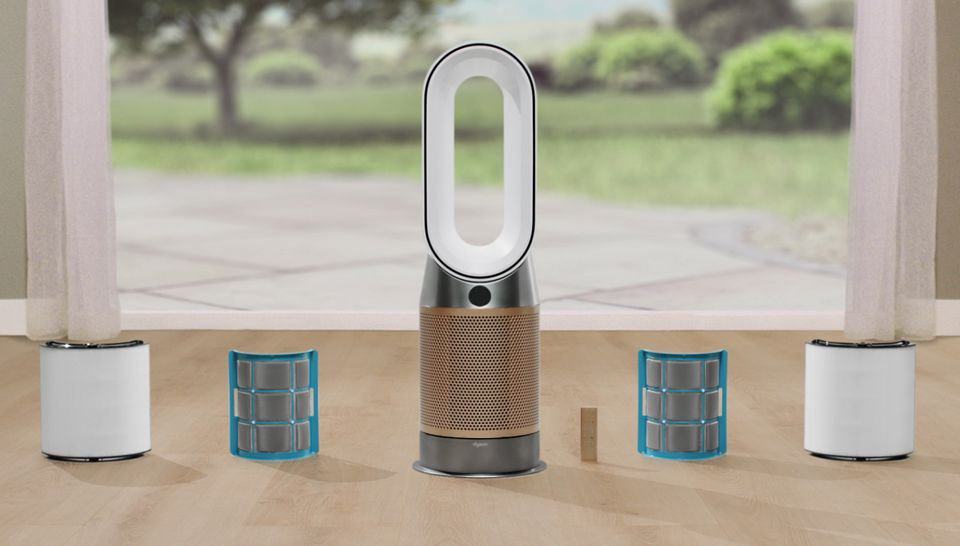
Real-Life Experiences: Users’ Perspectives on the Dyson Air Purifier as a Dehumidifier
Users’ Perspectives on the Dyson Air Purifier as a Dehumidifier
The Dyson Air Purifier, often praised for its air purification capabilities, has also been touted by some users as an effective dehumidifier. Many users have reported experiencing reduced humidity levels in their homes after using the device. One user mentioned that they noticed a significant improvement in their indoor air quality and a decrease in musty odors since incorporating the Dyson Air Purifier into their daily routine.
Another user shared how they were initially skeptical about the device’s ability to act as a dehumidifier but decided to give it a try anyway. To their surprise, they found that the purifier effectively reduced moisture levels in their basement during humid summer months. They noted that while it may not perform at the same level as dedicated dehumidifiers, it still provided measurable results.
Pros and Cons of Using the Dyson Air Purifier as a Dehumidifer
Pros:
- Improved indoor air quality
- Reduction in musty odors
- Effective at reducing moisture levels in certain areas of the home
Cons:
- May not offer enough dehumidification power for heavily affected spaces
- Not specifically designed or marketed as a dehumidifer
Comparing the Dyson Air Purifier to Dedicated Dehumidifiers: Pros and Cons
When it comes to comparing the Dyson Air Purifier to dedicated dehumidifiers, there are a few key factors to consider.
Pros of the Dyson Air Purifier:
- Convenient: The Dyson Air Purifier combines air purification and dehumidification functions into one device, eliminating the need for separate units.
- Space-saving: With its compact design, the Dyson Air Purifier takes up less space compared to having an additional dehumidifier.
- Energy-efficient: The smart features of the Dyson Air Purifier help optimize energy usage by adjusting settings based on air quality levels.
Cons of the Dyson Air Purifier:
- Limited dehumidification capacity: While effective at reducing moisture in small rooms or areas, the dehumidification capabilities of the Dyson Air Purifier may not be sufficient for larger spaces or extremely humid conditions.
- Higher cost: Due to its dual functionality and advanced technology, the price tag for a Dyson Air Purifier is often higher than dedicated dehumidifiers.
In conclusion, while the Dyson Air purifier offers convenience and space-saving benefits with its combined air purification and limited dehumidification functionality. Those needing powerful moisture control in larger areas may find that dedicated dehumidifiers better suit their needs.
Making an Informed Decision: Choosing Between a Dyson Air Purifier and a Dehumidifier
When deciding between a Dyson Air Purifier and a dehumidifier, it is important to understand the differences in their functionalities.
- Air Purifiers:
- Purpose: An air purifier eliminates airborne pollutants such as dust, pet dander, mold spores, and odors from the surrounding environment.
- Operation: It draws in air through filters that trap these particles before releasing clean air back into the room.
- Benefits: Helps maintain good indoor air quality by reducing allergens and improving respiratory health.
- Dehumidifiers:
- Purpose: A dehumidifier removes excess moisture from the air to prevent issues like mold growth, musty smells, and damage caused by excessive humidity.
- Operation: It works by condensing moisture on coils or absorbing it with desiccants.
- Benefits: Creates a comfortable living space by controlling humidity levels and preventing related problems.
In summary, while both devices aim to improve indoor conditions, their primary functions differ significantly. Consider your specific needs—whether you want cleaner air or need to control moisture—to make an informed decision about which appliance will serve you best.
